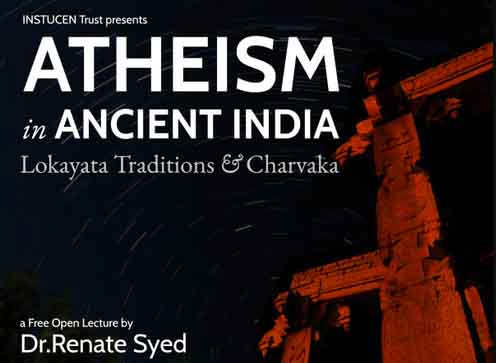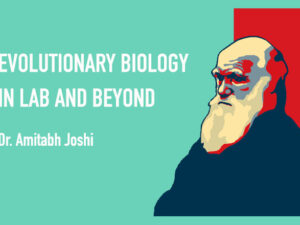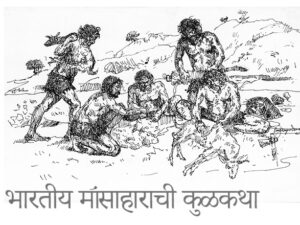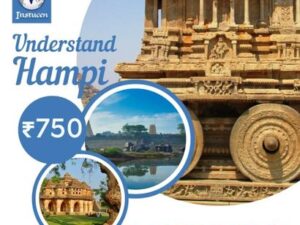Instructor – Dr. Phil. Dr. Habil. Renata Syed, Privatdozentin at the Ludwig-Maximilians-Universität, Department of Asian Studies, Institute of Indology and Iranian Studies.
Medium – English
SUMMARY–
India, in the West, mainly in German Indology, was and is since more than 200 years conceived as a culture based on religion, metaphysics and spirituality; Vedānta, Sāňkhya, and Yoga were greatly admired by German philosophers like Schelling, Schopenhauer and Nietzsche. The ancient Indian traditions of Materialism, lokāyata, and Atheism, nir-īśvara-vāda, were rarely perceived and considered in the West, even though they are as old as Buddhism and Jainism, dating back to the 6th/5th centuries B.C; traits of atheism and scepticism can already be found in the Rigveda, were it is said that „the gods came afterwards“. In Indian tradition, these schools were considered naastika, Nihilists (Nietzsche!), as, when asked about metaphysics, god(s) and meaning of life, they cynically used to answer: na asti, „There is nothing“, rejecting any form of supernaturalism or the existence of entities such as an immaterial, immortal soul or god, saňsāra, karma, or the after-life, and even ethical systems grounded in supernaturalistic ideas. The lecture wants to present the views of the Lokāyatas and Cārvākas, which are preserved only in the texts of their adverseries and opponents, mainly Buddhists and Jains. The ideas and concepts of the Nāstikas are not only very old, bold and astute, but amazing, timeless, and modern, and therefore, the Lokāyatas and Cārvākas should not be forgotten, but rather remembered, appreciated and revived, being one of the most radical philosophical systems not only of India, but of the world.
About the Speaker
Dr. Phil. Dr. Habil. Renata Syed is Privatdozentin at the Ludwig-Maximilians-Universität, Department of Asian Studies, Institute of Indology and Iranian Studies.
She completed her PhD in 1982 and habilitation in 1994 from Munich.
She has studied Indology, Sinology, Indian Art History and Oriental Studies, as well as several semesters of Judaism in Munich and Berlin. She had a one-year residency as scholarship holder of the DAAD in India at the Jawaharlal-Nehru University in Delhi and at the Hindu University in Benares, studying Sanskrit and Hindi. She also studied Urdu at Jinnah University in Islamabad.
She has headed over 25 trips to India and Pakistan for the study tour organizers Studiosus and Klingenstein, both based in Munich.
From 1994 to 1998 she held a C3 professorship in Munich, and from 1998-1999 she was at the Department of Indology and Iranian Studies in Munich. Since 1999 she has been private lecturer with a focus on Indian Philosophy and Cultural History, Yoga, Samkhya and Upanisads, in addition to gender studies and India’s “Third Gender”. She gives individual and group lessons in the topic of “Intercultural communication and competence” for Germans who work for German companies in India and Pakistan, and private lessons in Sanskrit, Hindi and Urdu. She has innumerable publications in various subjects including Indian philosophy and religion, Indian history and archaeology, the history of games, the third gender, femininity and masculinity.





